Equatorial Guinea small group holiday
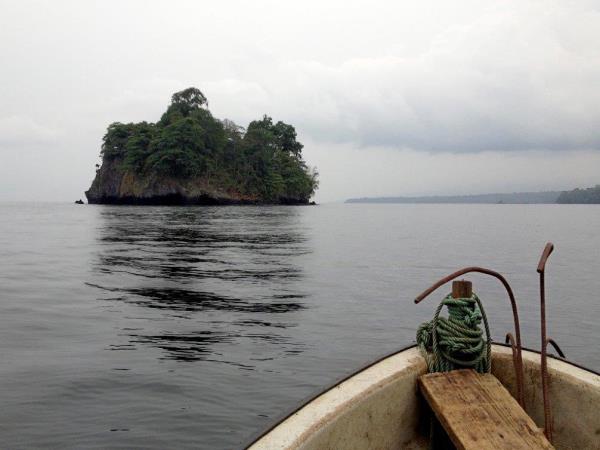
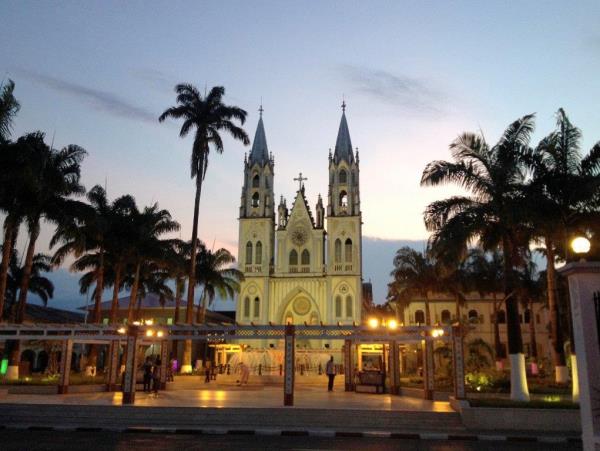
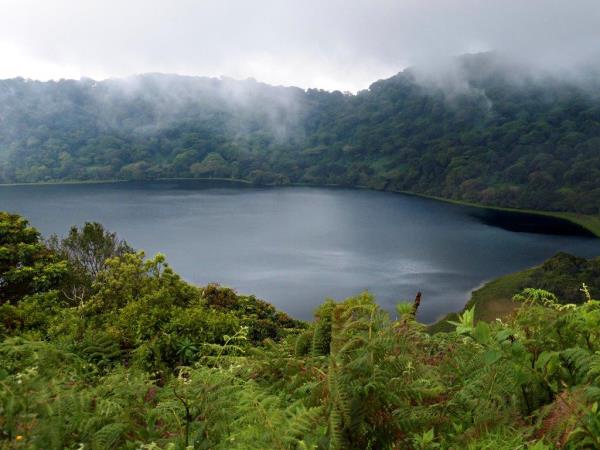
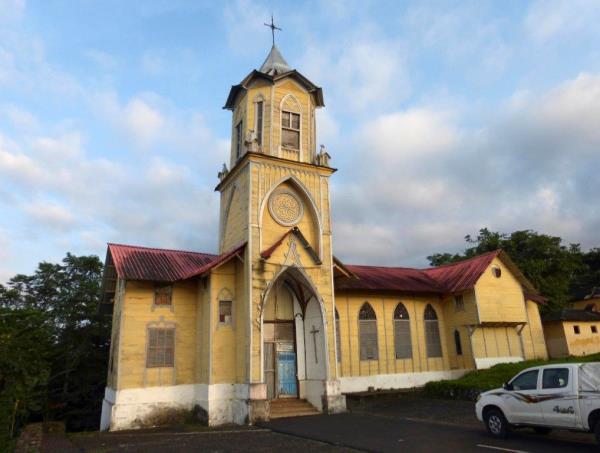
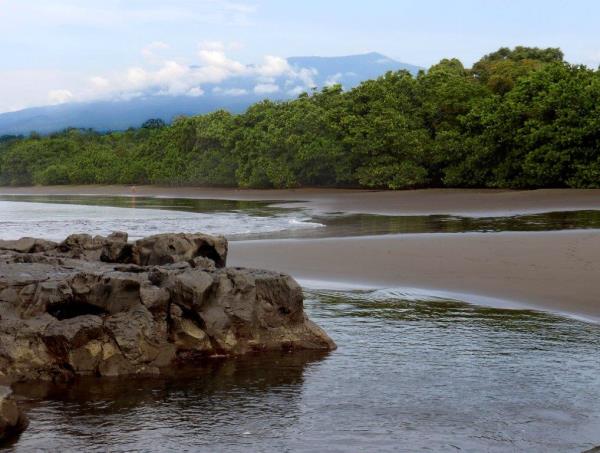
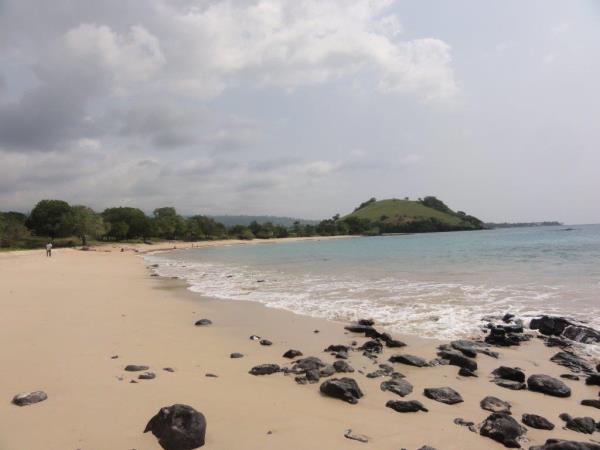
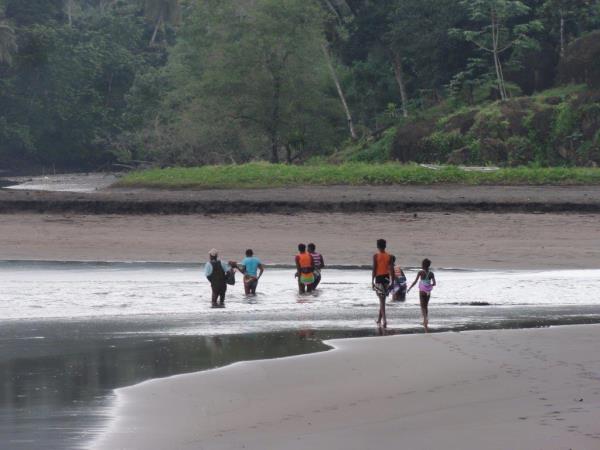
Description of Equatorial Guinea small group holiday
A short trip to one of Africa’s more unusual corners. Equatorial Guinea has had a reputation for being largely inaccessible, but in recent years has become much easier to visit. We concentrate on its most interesting part, the island of Bioko, a tropical jewel sitting off the Cameroonian coast in the Gulf of Guinea.
Starting in the capital Malabo, we explore its Latin colonial heritage – Equatorial Guinea was one of just two Spanish colonies in Africa – and then from here drive past small picturesque villages and coastlines to the town of Moka. Here we hike through forest to waterfalls, and learn about the wildlife of the island, much of which is found in few other places. Moving on we continue to Ureka and the beach of Moaba, where we wait for turtles to come ashore to lay their eggs. Finally we return to Malabo via the small town of Riaba, the first colonial settlement on the island.
Equatorial Guinea isn’t the most obvious choice for a holiday, and compared to some other destinations its sites are ‘low key’ but what it offers in abundance is the sense of exploration. Very few people visit this tiny nation, and the locals aren’t too used to tourism, but this means that your experience here will be nothing if not authentic…
Check dates, prices & availability
Travel guides
Responsible Travel
Planet
Much of the time on this tour is spent in towns and cities, but we do spend a significant proportion of the trip exploring the countryside and wilder areas of the country. When exploring these areas on foot we take care to stick to the trails and not to damage any of the flora, as some parts of the region are quite a fragile environment. We operate a strict no litter policy on our tours, and work to educate our drivers and other service providers so as to avoid contributing to this problem.Similarly, in conjunction with our local team we work with hotels and guesthouses to implement best practices when it comes to environmental matters – in some places this is far behind what we might be used to in other parts of the world. This includes basic things like not replacing towels each day, as well as saving electricity and turning lights off.
Equatorial Guinea is in the nascent stages of tourism development and we recognise that we have an important responsibility to lead by example and set the right tone when operating trips here.
We include a visit to the Moka Wildlife centre, which plays an important role in the conservation of local species - our visit, albeit in a small way, helps to fund their efforts. We also spend a night at Ureka, where a community based project has been established to help protect the turtles which come on shore to nest. The presence of tourism brings income to this community and reinforces the idea that the turtles and their habitat are worth protecting.
People
On all of tours we strive to include a strong focus on local communities and we are firm believers that tourism should have a positive impact on the places visited. On this tour we include a number of stays in smaller communities that are outside the mainstream tourist industry - not that much of a mainstream industry exists here. Our stay at Ureka not only benefits the wildlife but helps to ensure that local people outside of the capital benefit from visitors.Elsewhere we stay at locally owned guesthouses and hotels and where appropriate employ the services of local people in order not only to gain a greater insight into the complex traditions here but to ensure that they gain financial benefit from our visit, rather than just being ‘exhibits’.
When visiting the smaller communities, we encourage our travellers to spend money locally and perhaps purchase some of the fine handicrafts on sale here.
We visit a number of sites on this tour that do not necessarily receive much funding from other sources – particularly the case in Equatorial Guinea, which despite being an oil rich nation has great divides between rich and poor. We use locally owned suppliers and our partners here are deeply involved with the preservation of the culture and heritage of the countries we travel through.
















